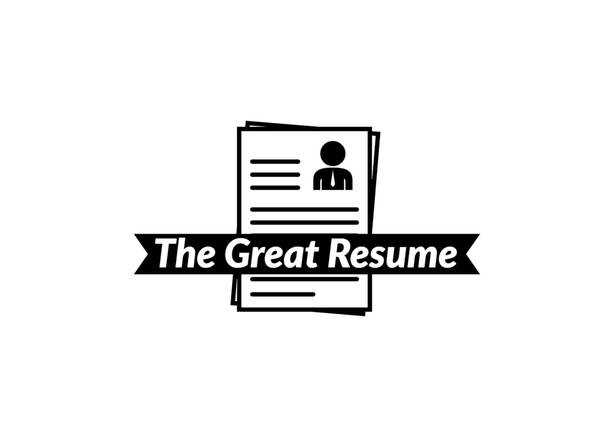I am often asked what the difference is between a career coach and a career counselor. Career counseling is similar in nature to career counseling, but there are a few key differences that can help you differentiate the two.
CAREER COUNSELOR:
Career coaching is not consulting or counseling. Consulting involves advising clients on what to do and counseling involves focusing on past barriers in life. A career coach provides you with industry information and advice to help you find a job. A career counselor does the same, but also takes a deeper look at your life as a whole, paying attention to your values, strengths and interests. A career counselor tends to focus on the deeper and underlying factors of what behaviors may be getting in the way of you finding the career you seek. A career counselor may administer psychometric evaluations and other tests that can help deduce your personality type, traits, and aptitude.
Chances are that you encountered your first experience with a career counselor at your high school or in college. You might have taken a career interest/inventory test and sat down with your counselor to evaluate the results. You may have discussed your skills, interests, and competencies, with a range of your potential career choices. Career counseling is great for a very specific type of person who is looking for long term direction in their career. However, career counselors find it difficult, and provide limited advice for professionals who want expertise on specific parts of the job seeking process such as resume/cover letter help, interview preparation, salary/benefit negotiations, and accountability in reaching target goals.
CAREER COACH:
Career coching provides an outcome and solution-focused approach with concrete steps to meet the client’s goals. Career coaching may also involve looking at past job history, values, skills, strengths and weaknesses, brainstorming, troubleshooting, and assessing what issues could be hindering the client’s goals.
Career coaching may address specific tasks such as taking assessments, working on cover letters, resumes and references. In addition, homework may be assigned such as setting up or modifying social media accounts, joining networking groups, or getting a professional picture taken. Other tasks may include applying for jobs, using resources provided, tracking jobs you have applied for, and mock interviews.
Your career coach takes an educational and directive approach to help you develop the tools for acquiring the career you desire. They also teach the skills needed to build a stellar resume and impress the hiring authorities during an interview. Your career coach will help you present yourself in the best light possible, and help you find your calling in the workforce. After only a few sessions, clients should have much more clarity in their career goals, and will have developed a roadmap to achieve those goals.
At the end of the day, there is a time and place for both a Career Counselor and a Career Coach. I hope that this article will help you make an informed decision on what you believe you need. If you have any additional questions, I would love to answer them for you.

